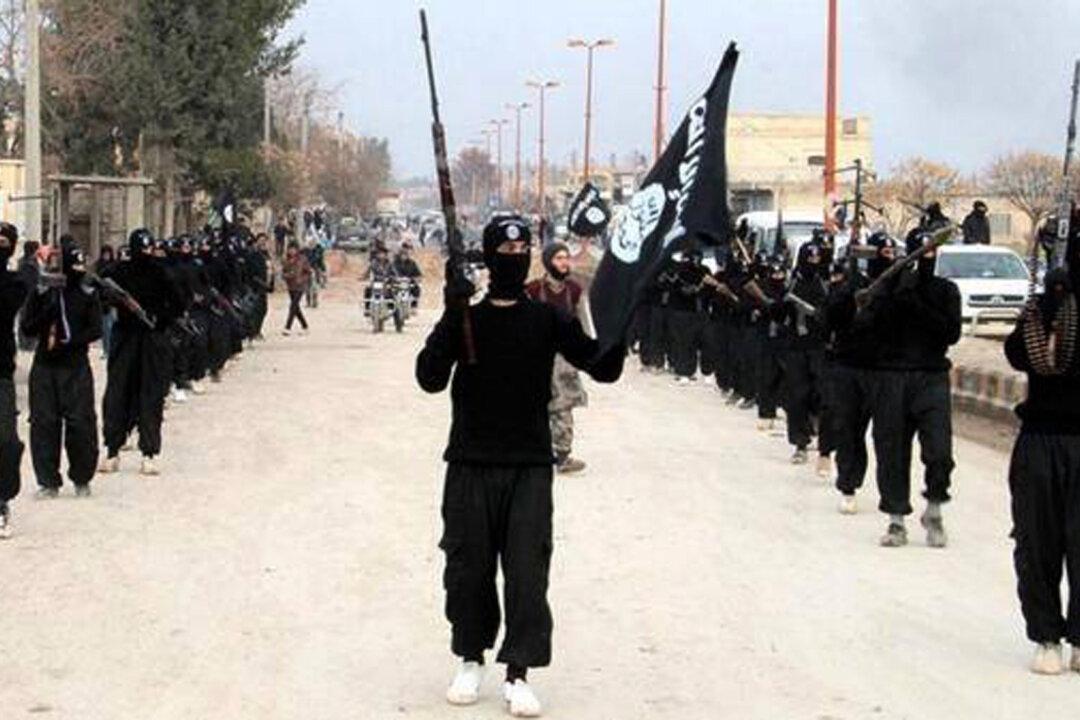Worldwide terrorism has decreased for the first time since 2012, the U.S. State Department announced on June 2.
The total number of terrorist attacks in 2015 decreased by 13 percent compared to that of 2014, according to the yearly report on global terrorism with data compiled by the University of Maryland.
The number of fatalities due to terrorist attacks declined by 14 percent, a result of fewer incidents and deaths in countries Iraq, Pakistan, and Nigeria.
However, several countries, including Afghanistan, Bangladesh, Egypt, Syria, and Turkey, saw an increase in terrorist attacks last year.
In 2015, attacks took place in 92 countries, but were mostly concentrated in certain places, like previous years. More than 55 percent of all terrorist attacks took place in Iraq, Afghanistan, Pakistan, India, and Nigeria. The report says 74 percent of all fatalities due to terrorist attacks took place in Iraq, Afghanistan, Nigeria, Syria, and Pakistan.
Although the report shows terrorist attacks happening in other countries, the numbers don’t “provide the full context.”
“The United States and our partners around the world face a significant challenge as we seek to contend with the return of foreign terrorist fighters from Iraq and Syria, the risk of terrorist groups exploiting migratory movements, and new technology and communications platforms that enable terrorist groups to more easily recruit adherents and inspire attacks,” said Acting Coordinator for Counterterrorism Justin Siberell.
“ISIL remain the greatest terrorism threat globally,” he emphasized.
The State Department says that although ISIS, also known as ISIL, has lost territory in the Middle East, it still continues to occupy large areas of Iraq and Syria. The terrorist organization reached a high point in the spring of 2015, but began to deteriorate afterwards. ISIS lost 40 percent of the territory it controlled in Iraq and Syria by the end of 2015, and has continued to lose ground.
The State Department says ISIS-aligned groups have established branches in parts of the Middle East, North Africa, West Africa, the Russian North Caucuses, and South Asia. Those groups derived from pre-existing terrorist networks, and many of them have their own local motives.





